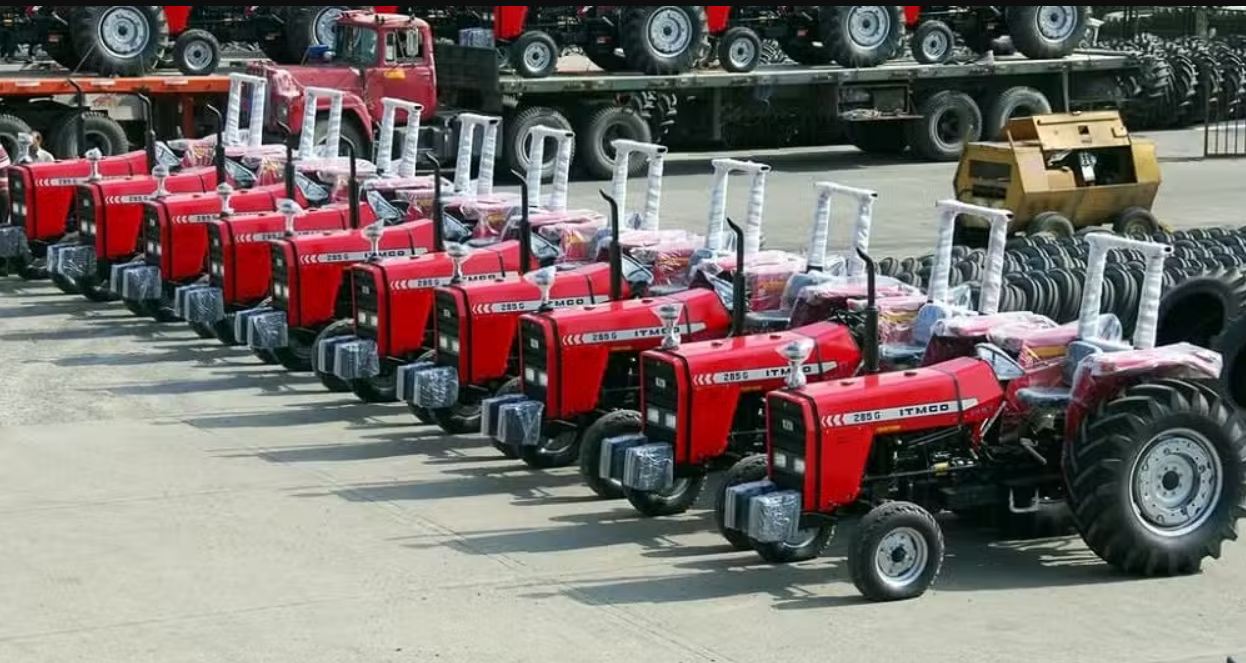The tractor industry in Pakistan is facing a crisis due to the recent imposition of a 10 percent sales tax.
This could lead to the industry’s shutdown, affecting the livelihoods of 500,000 families and around 200,000 directly employed individuals.
For the past seventy years, the tractor industry has grown alongside Pakistan, supporting a local vendor base of over 200 parts manufacturers.
It has contributed significantly to the national economy, generating over $50 million in exports annually.
The tractors produced are known globally for their affordability and quality, saving valuable foreign exchange and contributing millions of rupees to the National Exchequer annually.
The crisis began with the implementation of a 10 percent sales tax on tractors in June 2024. Previously exempt from sales tax, the industry now faces the burden of entering a refund regime plagued by delays and complications.
The Pakistan Association of Automotive Parts and Accessories Manufacturers (PAAPAM) has raised alarms, announcing that the industry is on the brink of a complete shutdown due to the prolonged delay in releasing General Sales Tax (GST) refunds by the Federal Board of Revenue (FBR) and the implementation of a new GST regime under Statutory Regulatory Order (SRO) 563.
According to PAAPAM, nearly 250 direct suppliers to the country’s major tractor assemblers have ceased operations due to delayed payments for parts supplied. The primary issue is Statutory Regulatory Order (SRO) 563, which governs GST refunds to tractor assemblers. This new regulation, replacing the previous one, has introduced complications by limiting refunds to farmer buyers only. The lack of a mechanism to distinguish between farmer and non-farmer buyers has resulted in billions of rupees in refunds being withheld by the Federal Board of Revenue (FBR).
The industry is further burdened by legacy refunds under the previous regulation, which have remained unpaid since April 2020, amounting to more than Rs. 10 billion. The unresolved issue has left the entire industry in limbo, with assemblers incurring losses on each tractor sold and relying on bank borrowings to stay afloat. This financial strain has rippled across the supply chain, affecting raw material suppliers and small and medium-sized enterprises (SMEs) in the engineering sector.


Comments are closed, but trackbacks and pingbacks are open.